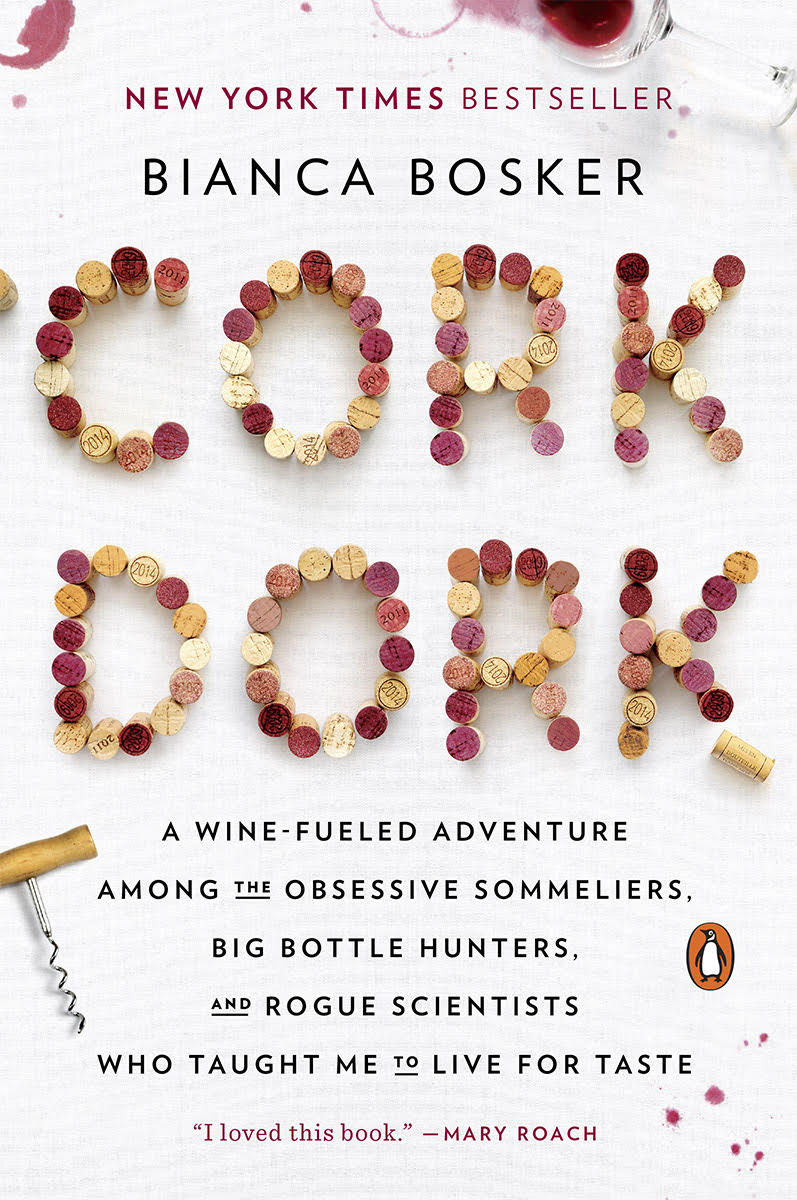
Stephen Quake
@StephenQuake
Chief Science Advisor @chanzuckerberg | Professor of #bioengineering and Applied Physics @stanford | Prolific inventor at the nexus of #biology, #physics, #tech
Combining transcriptomic and metabolomic data from urine holds promise for improving early disease detection, subtyping, and prognosis, as well as enhancing our understanding of disease mechanisms. Read the paper in Clinical Chemistry: lnkd.in/gcJYJkgc
“It’s going to be a very powerful tool for understanding what goes wrong in disease,” says @StephenQuake. “Our goal is to create computational tools so that cell biology goes from being 90% experimental and 10% computational to the other way around.” nature.com/articles/d4158…
Honored to be elected a Fellow of the @royalsociety. Grateful for the collaborators and mentors who’ve made this journey possible, and proud to keep pushing science forward. royalsociety.org/news/2025/05/n…
What is considered to be the holy grail of biology—the virtual cell—now has potential for being actualized. erictopol.substack.com/p/the-holy-gra…
Preprints have transformed how we share research. Now, openRxiv is poised to elevate preprint infrastructure with sustainability and researcher-led governance. #OpenScience czi.co/4hbxPIY

Each year, I share a favorite book with my @cziscience team. This year is Cork Dork by @bbosker. A fascinating exploration of the world of wine, it inspires an appreciation for the neuroscience of taste and the passionate pursuit of knowledge. #CZIScience #teamgift #wine

Joe DeRisi has been busy! From SARS-1 identification to increasing the clinical utility of metagenomic tools, he’s being honored with the @StanfordMed Arthur Kornberg & Paul Berg Lifetime Achievement Award—well deserved! bit.ly/3VJcbUt

Tabula Sapiens 2.0, a reference atlas with >1.1 million cells from 28 human tissues, reveals insights into transcription factor expression, cell senescence, & sex-specific gene expression. Explore the findings: biorxiv.org/content/10.110…
Cross-pollinating people and ideas between countries is key to solving scientific challenges, which is why we are partnering with the @ss_f_official to bring great scientific talent to the U.S. and Japan through a new fellowship bit.ly/4gkZkAq

This year we worked with scientists & #AIML experts to create a vision for the future of virtual cells. Now in @CellPressNews, the vision shares a roadmap for large-scale, collaborative research on AI-supported virtual cells. This is just the beginning bit.ly/4gzocUL

Excited to get ski season started this weekend. A bluebird day and spring conditions at Palisades!

Virtual cell models have the potential to transform biological research. Today @ChanZuckerberg released an initial set of models, including scGenePT and SubCell, designed to be easy to run and build upon. This is a really exciting time in biology. czi.co/4g1jTSa

New @ScienceMagazine : #CZBiohubCHI's biosensor continuously measures proteins in vivo. In a diabetes model, it resets in under a minute, enabling real-time cytokine tracking. A breakthrough for inflammation-related diseases. czi.co/4giRO8v

The convoluted language of cells is a ripe challenge for AI. With the extensive collection of biological data, the possibility of predictive models of cells and cell systems is on the horizon, and cell biologists will be key to bringing this to fruition. bit.ly/49ekSMd
Had a great conversation with my student @sevahnv on the @myADLM podcast about work she led exploring cell-free RNA in urine as a path to avoid invasive biopsies for detecting diseases earlier in prostate, kidney and bladder tissues bit.ly/3B3MOFV

In @CellCellPress, I share a major conceptual challenge for biology in the next decade, inspired by Crick’s Central Dogma: understanding information flow in the cell, the smallest indivisible unit of life bit.ly/4hQMmva

Manual annotation of cryoET data is a major bottleneck in biomed research. The #CZImagingInstitute Kaggle Challenge seeks #AIML innovators to automate particle detection in 3D cell images. Share with ML/AI experts: bit.ly/4hqCFn2
Supporting diversity in science is key to advancing research. Our Science Diversity Leadership Award provides funding for researchers driving equity in biomedical fields. Learn more and apply: czi.co/SDL